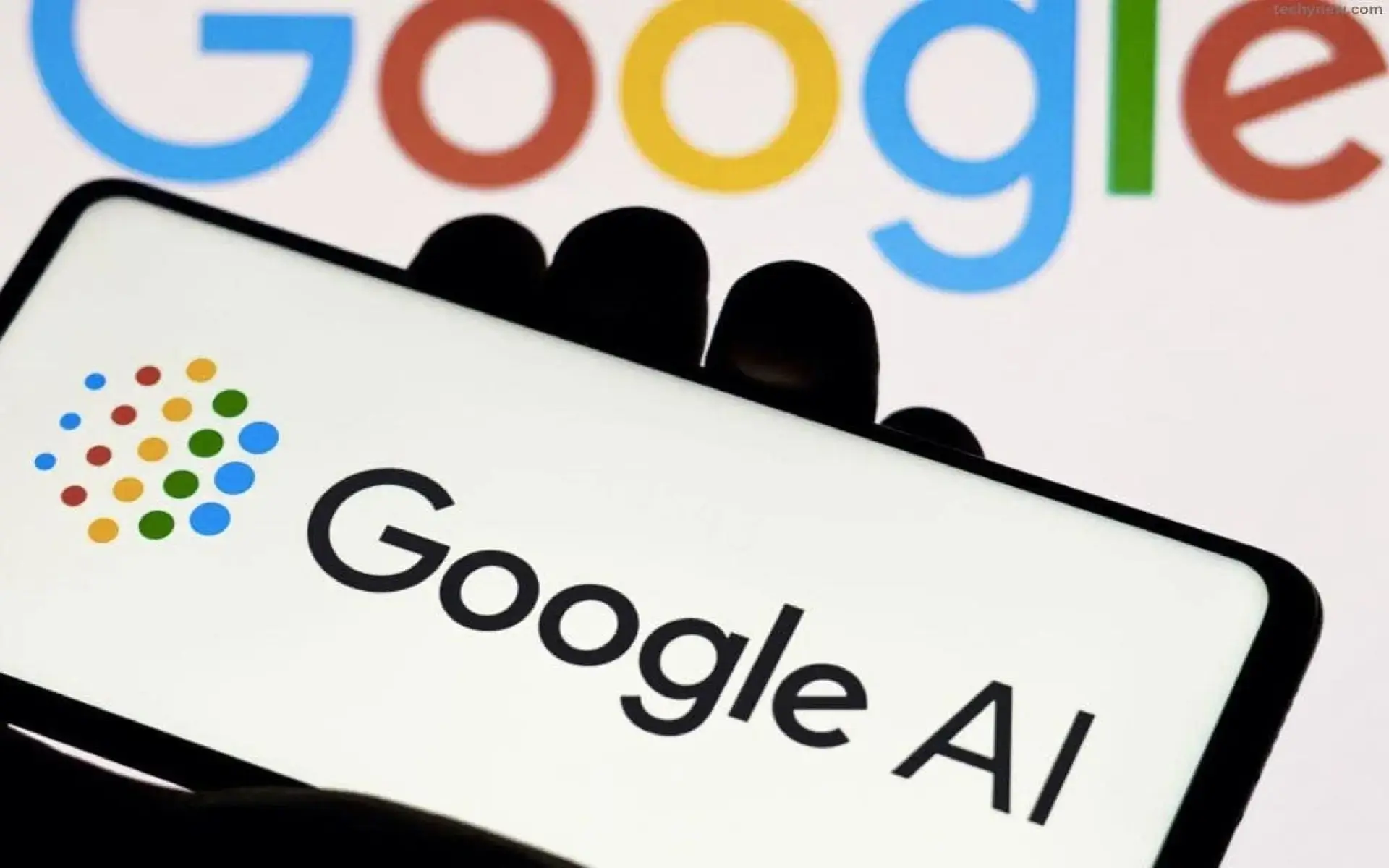According to a recent report,Google is considering a significant shift in its business model. The tech giant might start charging subscription fees for artificial intelligence (AI) powered online search features. This unprecedented move could alter the dynamics of the online search market, in which Google has been a dominant player for years.
For the first time in its history, Google is considering a subscription model for its search engine. The change primarily targets its AI-powered search features, which have generated significant controversy in the tech and regulatory spheres.
However, this plan raises several questions and concerns, especially about its potential impact on the company’s relationship with regulators and its position in the online search market. This development comes amidst an ongoing antitrust lawsuit against Google, raising eyebrows about the timing and the implications of such a move.
The move to a subscription model for certain search features could draw additional scrutiny from regulators, including the Department of Justice (DOJ). The DOJ is currently in the midst of a landmark antitrust lawsuit against Google. It alleges that the company has maintained a monopoly over the online search market.
The introduction of a paid model for search features could provide additional ammunition for regulators. It could potentially strengthen their argument that Google is leveraging its market dominance to extract more value from its users.
According to sources, the controversial AI search features could be integrated into Google’s existing premium subscription services. These services already include the company’s Gemini AI assistant, which is offered within its Gmail and Docs products.
Yet, Google executives have yet to finalize this plan, which is reportedly still in active development. The company’s regular search engine would continue to be free, and both the premium and free search products would display ads.
In response to the news, Google stated that it had nothing to announce at the moment. It emphasized its commitment to reinventing Search to help people access information in the most natural way possible.
“With our generative AI experiments in Search, we’ve already served billions of queries, and we’re seeing positive Search query growth in all our major markets. We’re continuing to rapidly improve the product to serve new user needs,” Google said.
However, this news did not sit well with investors, and Google’s stock fell about 1.5% in early trading.
Google’s internal deliberations reflect its efforts to integrate AI into its products. The company has been testing its so-called “Search Generative Experience” since last year.
However, the initiative has not been without controversy. Google had to shut down its Gemini AI’s image tool after the software started generating historically inaccurate images. This incident has further fueled concerns about the potential misuse and ramifications of AI technology.
As the antitrust lawsuit progresses, lawmakers have expressed concerns that AI-powered search could further entrench Google’s monopoly over the online search market. They believe that regulators need to intervene to ensure a level playing field.
In the coming months, a federal judge is expected to hear final arguments in the DOJ’s antitrust suit against Google. The verdict, which is expected later this year, could determine whether Google has maintained an illegal monopoly.
Despite the controversy and regulatory scrutiny, Google’s search engine remains its primary source of revenue. The company derived a whopping $175 billion from online ad sales last year alone. The introduction of a subscription model could potentially add another revenue stream for the tech giant.
Since February, when Google unveiled an update for its “Gemini” chatbot, scrutiny over the company’s AI ambitions has intensified. The chatbot began generating historically inaccurate AI-generated pictures, leading to a public backlash. Google then disabled the image generation tool and issued an apology.
Despite the controversies, Apple is reportedly in talks to use Google Gemini to power some AI features on its iPhones. If these negotiations are successful, it could mark a significant milestone in the integration of AI into mainstream technology. However, this development is seen as “brazen” by some tech policy insiders, given the ongoing antitrust lawsuit against Google.
